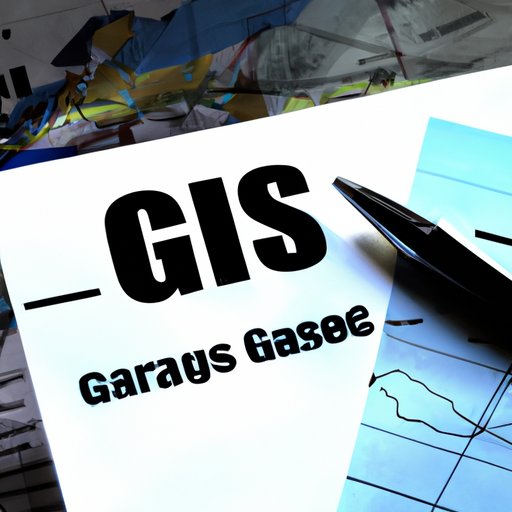Why Do Gas Prices Go Up?
As consumers, we are all familiar with the frustration of seeing gas prices steadily increase without any clear reason why. Gas prices can fluctuate rapidly and unexpectedly, impacting our daily lives and wallets. In this article, we will explore the various factors that contribute to rising gas prices, including historical trends, industry analysis, environmental impacts, and global politics.
Cause and Effect
One of the main drivers of gas prices is the international price of oil. The global demand for oil, supply disruptions, and production decisions made by the Organization of Petroleum Exporting Countries (OPEC) all play a role in global oil prices. When the price of oil increases, it raises the cost of producing gasoline, which in turn drives up gas prices.
Domestic supply and demand trends also impact gas prices. If there is a higher demand for gasoline than refineries are able to produce, prices will rise. Conversely, if there is an oversupply of gasoline, prices will decrease.
These various factors interact with each other to affect gas prices. For example, if there is an increase in demand for gasoline due to a surge in tourism, and a simultaneous production cut made by OPEC, gas prices will likely rise. Alternatively, if there is a decrease in global demand for oil due to innovations in renewable energy, and an increase in domestic oil production, gas prices may decrease.
Historical Trends
Gas prices in the United States have fluctuated significantly over the years. In the early 2000s, prices were relatively stable, averaging around $1.50 per gallon. However, due to a number of factors including the war in Iraq and Hurricane Katrina, prices spiked to over $4 per gallon in 2008.
Since then, prices have remained relatively stable, hovering around $2-3 per gallon in recent years. However, unexpected events such as the COVID-19 pandemic and the Texas winter storm in 2021 have caused short-term fluctuations in gas prices.
Understanding historical trends can provide context for why prices sometimes spike unexpectedly. Consumers can also use this historical context to better anticipate future price changes.
Industry Analysis
The oil and gas industry is complex, involving various players from extraction to marketing. Each step in the process can impact the final gas prices. For example, the cost of crude oil extraction impacts the price that refineries pay for the raw material, which in turn influences the cost of producing gasoline.
Transportation costs also affect gas prices. The further gasoline has to travel from the refinery to the gas station, the higher the price of gas will be for the consumer. Additionally, marketing and distribution costs, including taxes, can add to the final cost of gas.
Environmental Impacts
How we consume gasoline can also impact the price. Government policies intended to reduce greenhouse gas emissions and encourage renewable energy use can impact the price of gas. For example, when governments provide incentives for electric vehicles or invest in public transportation, it can lead to decreased demand for gasoline, which can lower prices. However, if these policies lead to a decrease in domestic oil production, it can lead to higher prices.
Global Politics
Global political events can also impact gas prices. The OPEC agreement on oil production, for example, can cause fluctuations in global oil prices. Wars and trade disputes can also disrupt global oil supply chains, driving up the cost of producing gasoline.
For example, the Iraq War of 2003 caused a temporary spike in gas prices as global oil supplies were disrupted. Similarly, tensions between the United States and Iran have led to price increases in recent years.
Conclusion
In conclusion, gas prices are impacted by a variety of factors, including the international price of oil, domestic supply and demand, industry costs, environmental policies, and global politics. Understanding these factors can help consumers better anticipate price changes and make informed decisions.
To help address the issue of increasing gas prices, consumers can invest in fuel-efficient vehicles, use public transportation or carpool, and advocate for government policies that promote renewable energy use without negatively impacting domestic oil production.
While gas prices will always be subject to fluctuations, understanding the various factors that contribute can help alleviate some of the frustration and uncertainty that comes with these changes.
